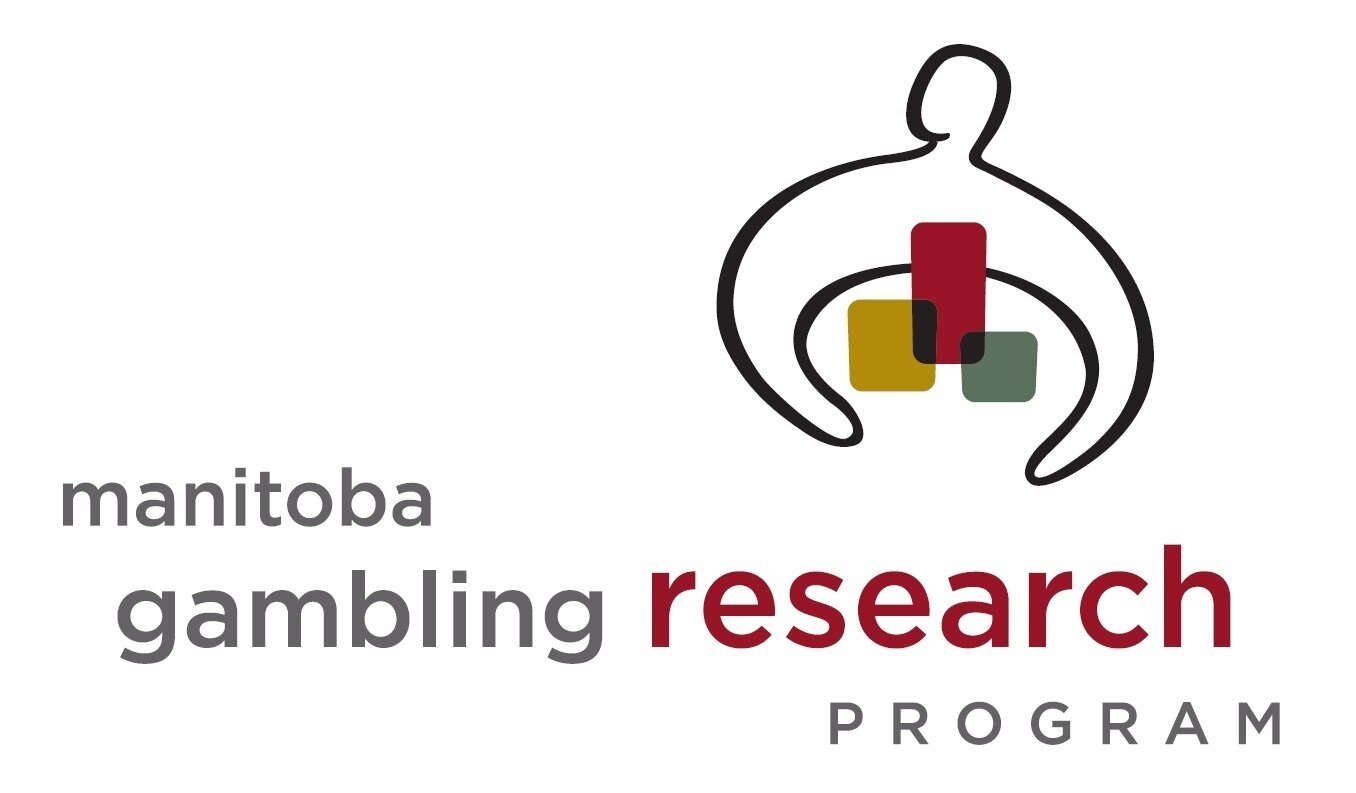Do Gambling Beliefs and Attitudes Affect Gambling Behaviors Over Time?
| Investigators | Dr. Tracie Afifi, University of Manitoba Dr. Michael Ellery, University of Manitoba Ryan Nicholson, University of Manitoba Chad Graves, University of Manitoba |
| Research Priority | Explore what risk and protective factors (individual, social, environmental) influence the movement back and forth between no risk and problem gambling risk levels. |
| Funding | Small Grant ($24,552) |
| Project Status | Completed |
The aim of this research is to establish a temporal relationship between the beliefs, attitudes, and fallacies that are associated with gambling and its development over time. Since this research aims at identifying and understanding a cognitive factor that may develop over time, the Manitoba Longitudinal Study of Young Adults (MLSYA) dataset is required to more fully answer the question do irrational cognitions precede gambling problems or do gambling problems precede irrational cognitions? By conducting this research, we aim to further understand whether beliefs, attitudes, and fallacies act to maintain, worsen, or develop problem gambling. By more fully understanding this aspect of gambling, treatments can be developed that more effectively and efficiently address this risk factor.
Publications
Nicholson R., Graves C., Ellery M. & Afifi T.O. (2016). The Temporal
Relationship Between Faulty Gambling Cognitions and Gambling
Severity in Young Adults. Journal of Gambling Studies, 32 (4), 1215-1229.
doi: 10.1007/s10899-016-9605-y

